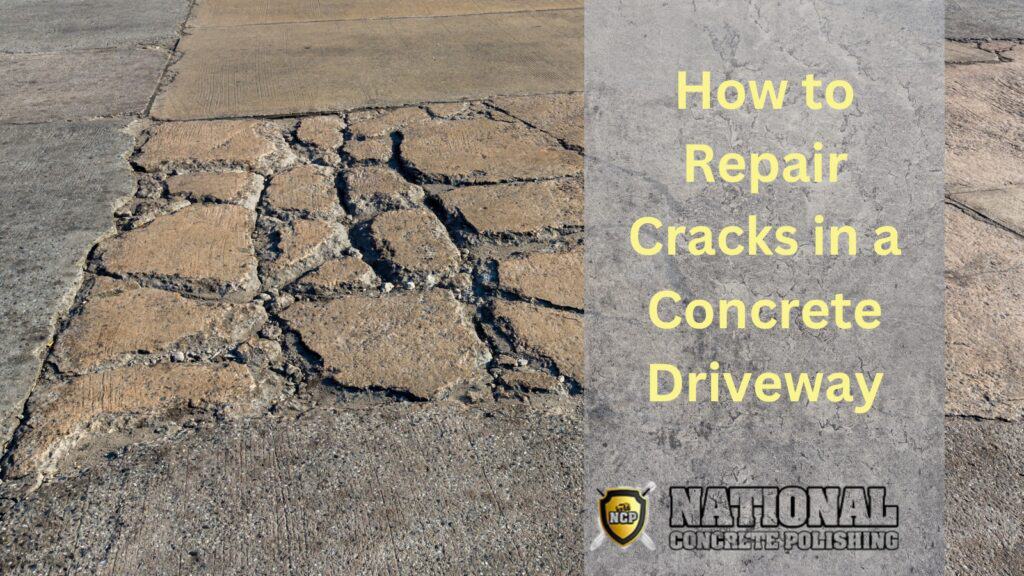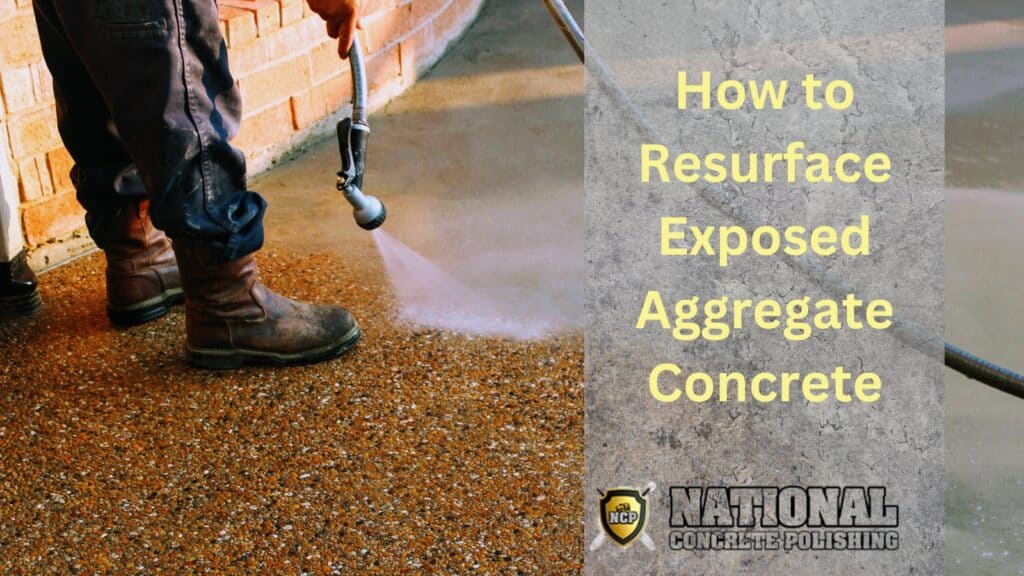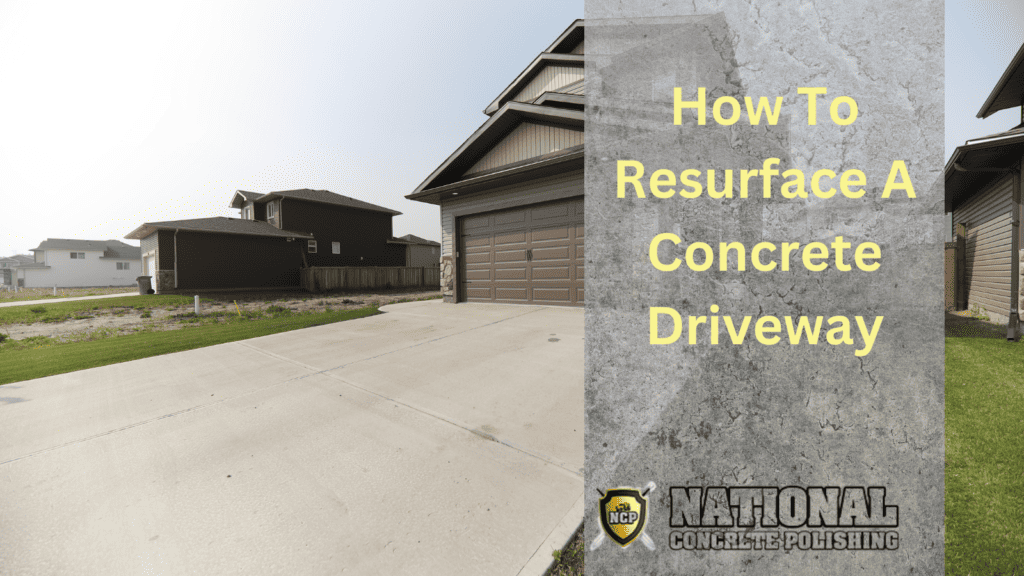Have you ever noticed unsightly oil stains on your concrete surfaces? Whether it’s your driveway, garage floor, or patio, these stubborn stains can significantly impact the appearance and longevity of your concrete. The importance of removing oil stains goes beyond mere aesthetics – it’s about preserving the value of your property.
Oil stains on concrete not only create an eyesore but can also penetrate deep into the porous surface, leading to long-term damage. Over time, the oil can degrade the concrete, causing it to weaken and deteriorate. This can result in cracks, crumbling, and even costly repairs or replacements.
However, the good news is that there are effective ways to tackle these oil stains head-on. This article will show you how to remove oil stains from concrete, the materials you can use, and practical ways to prevent oil stains on your concrete. Ready to learn? Then let’s get into it!
Common household products used to remove oil stains
When it comes to removing oil stains from concrete, you’ll be glad to know that you don’t always need specialized products. The truth is that you can find several common household items that are effective at tackling stubborn oil stains. Let’s explore a few of these products and how to use them:
1. Dish Soap
- Wet the stained area, then apply a generous amount of dish soap directly onto the stain.
- Use a stiff brush or broom to scrub the area vigorously, working the soap into the stain.
- Let it sit for a few minutes to allow the soap to penetrate and break down the oil.
- Rinse the area with clean water and repeat the process if necessary.
2. Baking Soda
- Dampen the stained area with water.
- Sprinkle a thick layer of baking soda directly onto the oil stain.
- Gently scrub the baking soda into the stain using a brush or broom, ensuring it covers the entire affected area.
- Allow the baking soda to sit for several hours or overnight to absorb the oil.
- Afterward, sweep or vacuum up the baking soda and rinse the area with water.
3. Hydrogen Peroxide
- Dampen the stained area with water.
- Pour hydrogen peroxide directly onto the oil stain and allow it to soak for about 15-20 minutes.
- Scrub the stained area with a brush or broom to agitate the oil. Rinse the area thoroughly with clean water.
4. White Vinegar
- Mix equal parts of white vinegar and water and apply the solution to the stained area.
- Let it sit for some time to penetrate the stain, then scrub it with a brush or broom.
- Rinse the area with water afterward.
5. Ammonia
- Dilute ammonia with water (about a 1:10 ratio) and apply it to the stain.
- Allow it to sit for a few minutes, then scrub the area with a brush.
- Rinse thoroughly with water.
The effectiveness of these products may vary depending on the type and severity of the oil stain, so you may need to experiment with different methods or combinations to achieve the desired results.
How to remove oil stains from concrete
Here are five step-by-step instructions on how to remove oil stains from concrete surfaces:
1. Act quickly
Time is of the essence when it comes to removing oil stains from concrete. The sooner you can check the stain, the better your chances of successful removal. As soon as you notice an oil spill, begin the cleaning process immediately.
2. Spot treating
If the oil stain is fresh and hasn’t had a chance to penetrate deeply, spot treating can be highly effective. Start by blotting the stain with a clean cloth or paper towel to absorb any excess oil on the surface. Next, sprinkle an absorbent material like cat litter or baking soda directly onto the stain. Gently press the material into the stain using your foot or a broom. Leave it in place for several hours or overnight to allow it to absorb the oil. Finally, sweep or vacuum up the absorbent material and rinse the area with water.
3. Using dish soap and water
Dish soap is an excellent degreaser and can help break down oil stains on concrete. Begin by wetting the stained area with water. Apply a generous amount of dish soap directly to the oil stain. Use a stiff brush or broom to scrub the area vigorously, working the soap into the stain. Rinse the area thoroughly with clean water. Repeat the process if necessary.
4. Pressure washing
For stubborn or older oil stains that have soaked into the concrete, pressure washing can be an effective method. Start by using a pressure washer with the appropriate nozzle attachment. Ensure you follow the manufacturer’s instructions for operating the pressure washer. Direct the high-pressure water stream at the oil stain, moving back and forth to cover the entire affected area. This powerful method can help lift and remove deeply embedded oil stains. However, exercise caution and maintain a safe distance from the concrete surface to avoid causing damage.
5. Using specialized oil stain removers
In cases where the above methods are not fully effective, you can consider using specialized oil stain removers available in the market. Follow the product instructions carefully, as they may vary depending on the specific brand. Typically, you will need to apply the stain remover directly to the oil stain, let it sit for a designated time to penetrate the concrete, and then scrub or rinse the area as instructed.
Remember to always wear appropriate protective gear, such as gloves and safety goggles, when handling cleaning agents or operating pressure washers. Also, try to test any cleaning method or product in a small, inconspicuous area first to ensure compatibility and avoid any unintended damage to the concrete surface.
How to prevent oil stains on concrete
If you’re thinking of how to oil-prevent stains from occuring on your concrete surfaces, here are a few measures you can take:
1. Apply sealants or coatings
Sealants create a barrier that prevents oil from penetrating the concrete. Before applying a sealant or coating, ensure that the concrete surface is clean and free of any existing stains. Follow the manufacturer’s instructions for application, including proper cleaning and drying times. Regularly inspect and maintain the sealant or coating to ensure its effectiveness.
2. Create physical barriers
If you have areas where oil spills are more likely to occur, such as parking lots or garages, consider creating physical barriers to contain any spills. Install curbs, berms, or containment structures around these areas to prevent oil from spreading onto the concrete surface. By confining the spills, you can minimize the contact between oil and the concrete, making it easier to clean up and reducing the chances of staining.
3. Use drip pans or mats
In areas where machinery or vehicles are present, such as workshops or driveways, place drip pans or absorbent mats underneath to catch any oil leaks or spills. These pans or mats can effectively prevent oil from directly contacting the concrete surface, reducing the risk of stains. Regularly clean and empty the pans or mats to maintain their effectiveness.
4. Regular maintenance and cleaning
Regularly sweep or use a leaf blower to remove debris and loose dirt that can trap oil and contribute to stains. Additionally, periodically wash the concrete surface with water and a mild detergent to remove any accumulated oil or grime. This regular cleaning routine can help maintain the appearance of your concrete and reduce the likelihood of stains.
Does bleach remove oil stains from concrete?
Although bleach is a powerful disinfectant and can be effective in certain cleaning applications, it is not specifically formulated to break down or lift oil stains.
Using bleach on concrete surfaces is not generally recommended. That’s because can it contain strong chemicals that can potentially damage the concrete, especially if used in high concentrations or for prolonged periods.
Bleach can also cause discoloration, weaken the surface, or even create etching marks. Moreover, the fumes generated by bleach can be harmful if inhaled, and contact with the skin or eyes can lead to irritation or burns.
Instead of using bleach, alternative methods like baking soda, dish soap, or pressure washing are more suitable for removing oil stains from concrete. These methods are specifically designed to target and break down oil stains without the potential risks associated with bleach.
Final Thoughts
Dealing with oil stains on concrete requires immediate and effective action to maintain the integrity and appearance of your surfaces. Quick response to spills and targeted treatment of stains are essential steps in managing these common issues. Equally important is adopting preventive measures, such as utilizing absorbent materials and protective mats in areas prone to oil exposure.
At National Concrete, we understand the challenges that come with maintaining pristine concrete surfaces. Our expertise in concrete care and maintenance positions us as your go-to solution for not only addressing existing oil stains but also in implementing effective strategies to prevent future occurrences. Contact National Concrete today!
Share This Post




